
Effective time management is more than merely getting things done.
It’s also about honoring the communal need to do the same.
Because in any shared setting, our agenda is not the only one in the room. Everybody has needs. Including the living organism of the group itself.
And if we have zero awareness around the value of the group’s time, then we will disrupt the shared energy, piss off everyone and alienate ourselves in the process.
My old boss had a helpful filter for practicing this principle at our office. He said that any employee had the right to call an all team meeting, but they had to do some math first.
Imagine what each employee earns during the day as their hourly wage.
Multiply that amount by the number of people in the room.
Then multiply that by the potential length of the meeting.
This will give you a rough unit price for the group’s time, against which to can gauge the usefulness of your idea.
For example, if there are thirty people in the office, averaging a hundred dollars an hour, and you want to call a two hour meeting, then your goal is to deliver at least six thousand dollars of value.
Now, people cannot always quantify every single idea with a clean and numeric justification. But in the spirit of honoring the group time, this filter can be helpful to assure no single person is steering the group’s attention to pedestrian matters.
It sets expectations that protect teams from getting dragged into some kind of procedural or conceptual rabbit hole.
LET ME ASK YA THIS…
Does this email that you’re about to send demonstrate a deep respect for the other people’s precious time?
* * * *
Scott Ginsberg
That Guy with the Nametag
Author. Speaker. Strategist. Inventor. Filmmaker. Publisher. Songwriter.
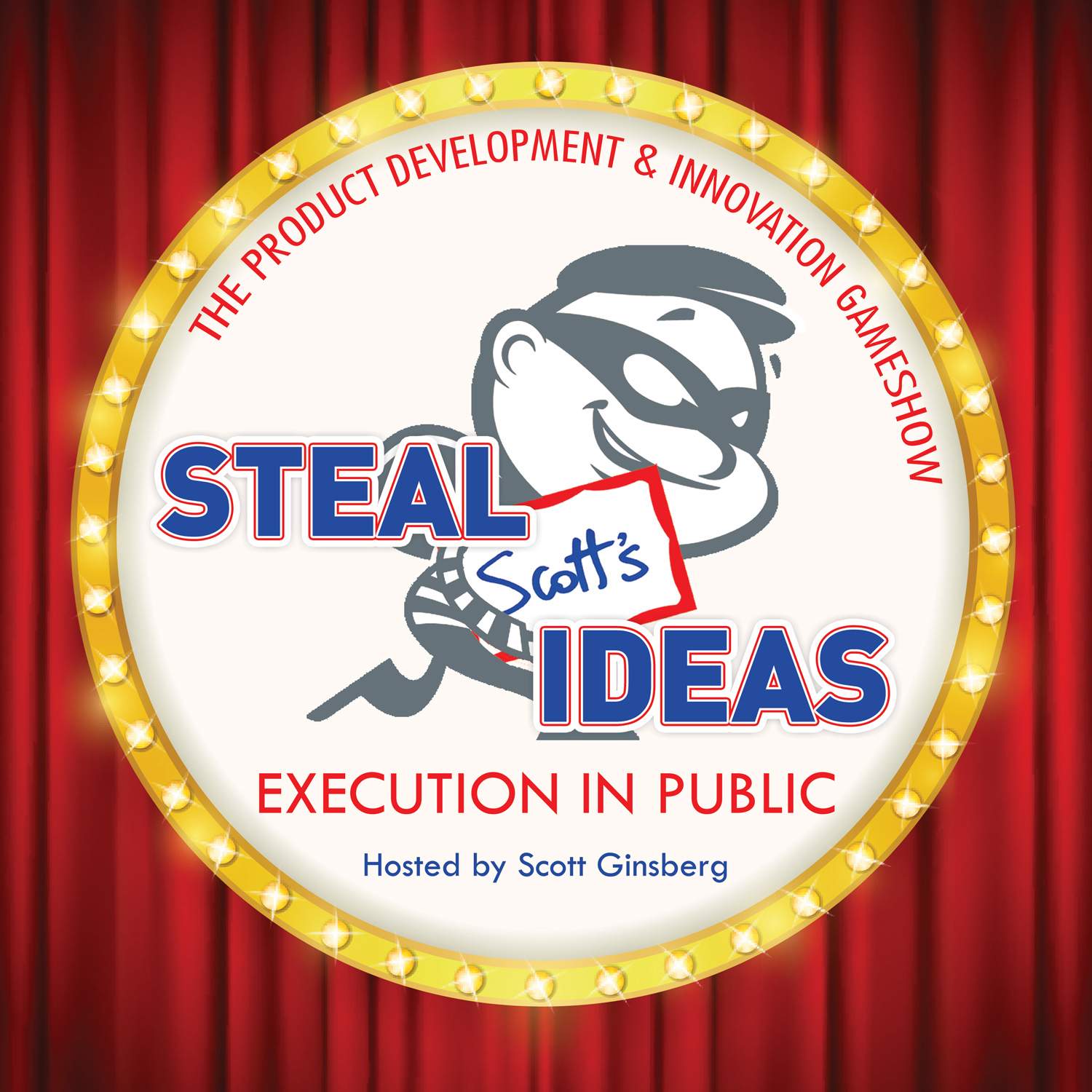 It’s the world’s first, best and only product development and innovation gameshow!
It’s the world’s first, best and only product development and innovation gameshow!
Tune in and subscribe for a little execution in public.
Join our community of innovators, artists and entrepreneurs

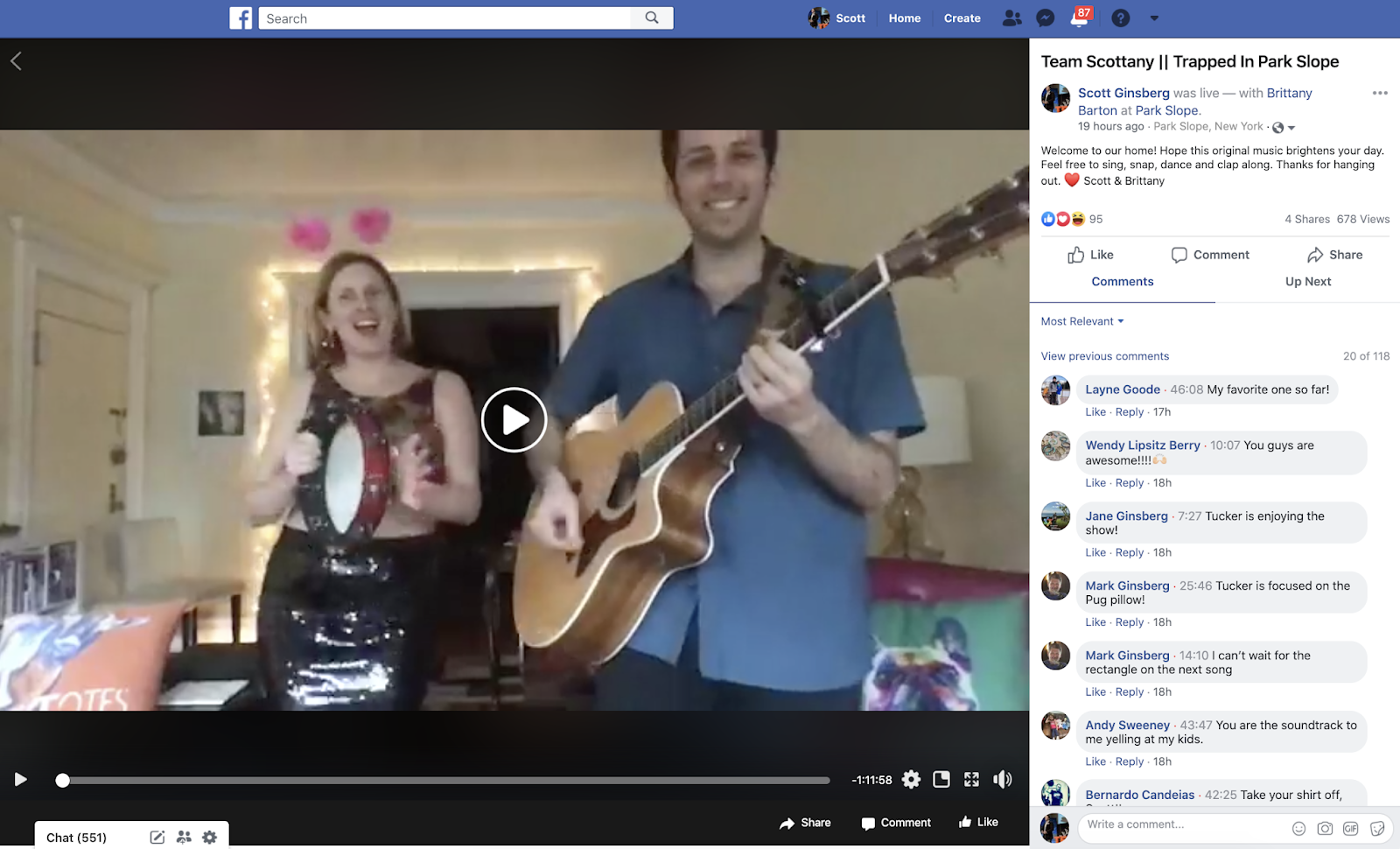
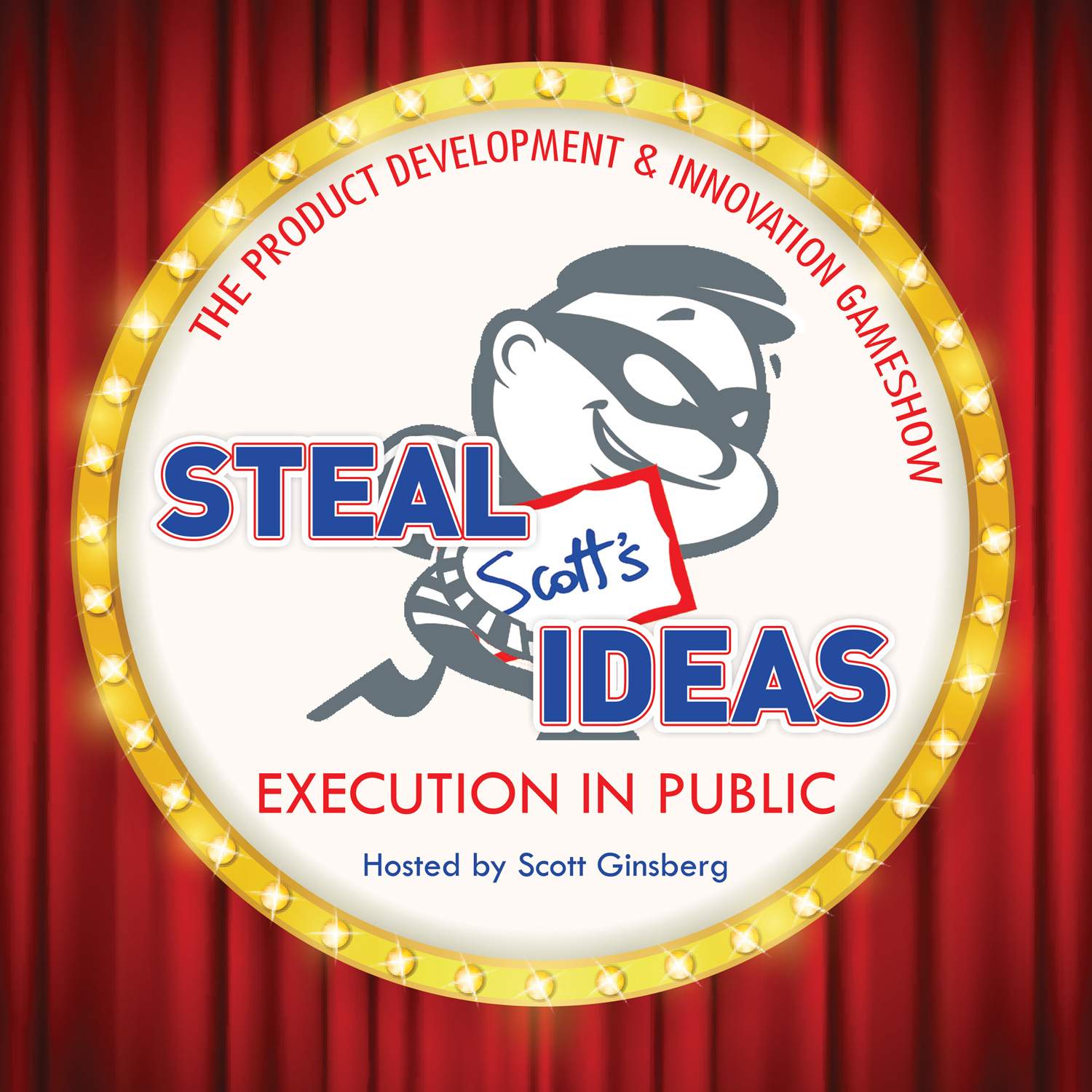 It’s the world’s first, best and only product development and innovation gameshow!
It’s the world’s first, best and only product development and innovation gameshow!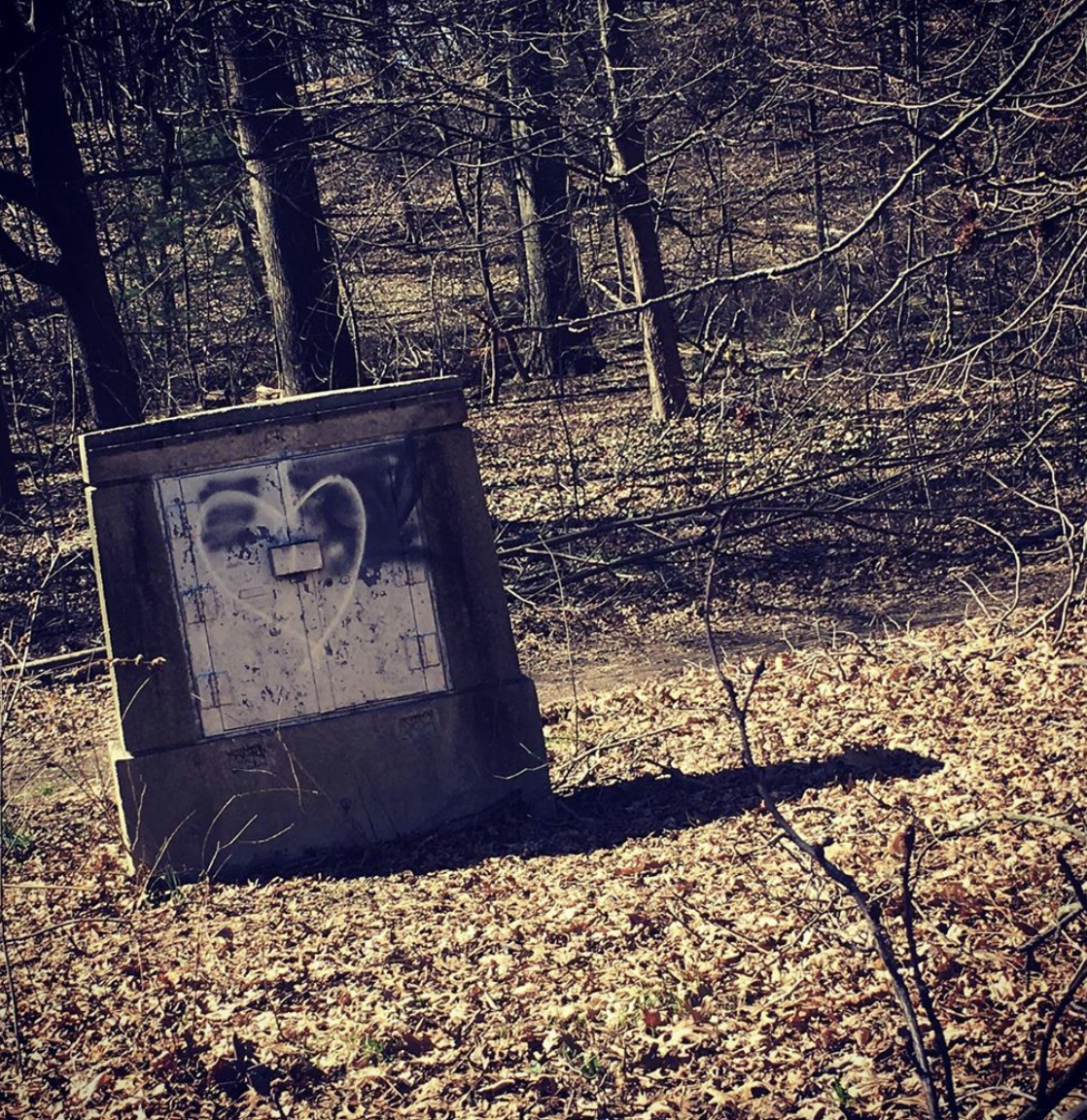
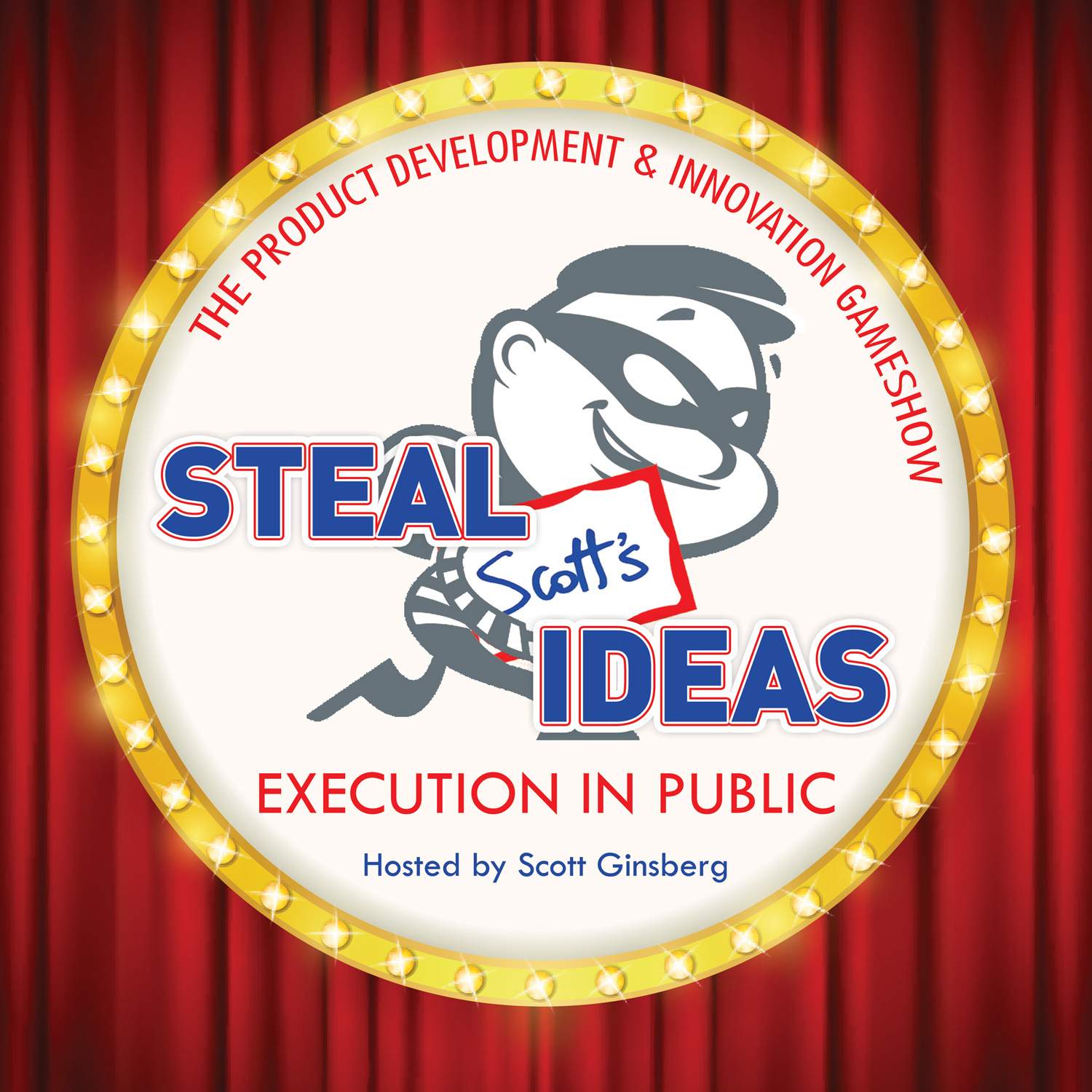 It’s the world’s first, best and only product development and innovation gameshow!
It’s the world’s first, best and only product development and innovation gameshow!
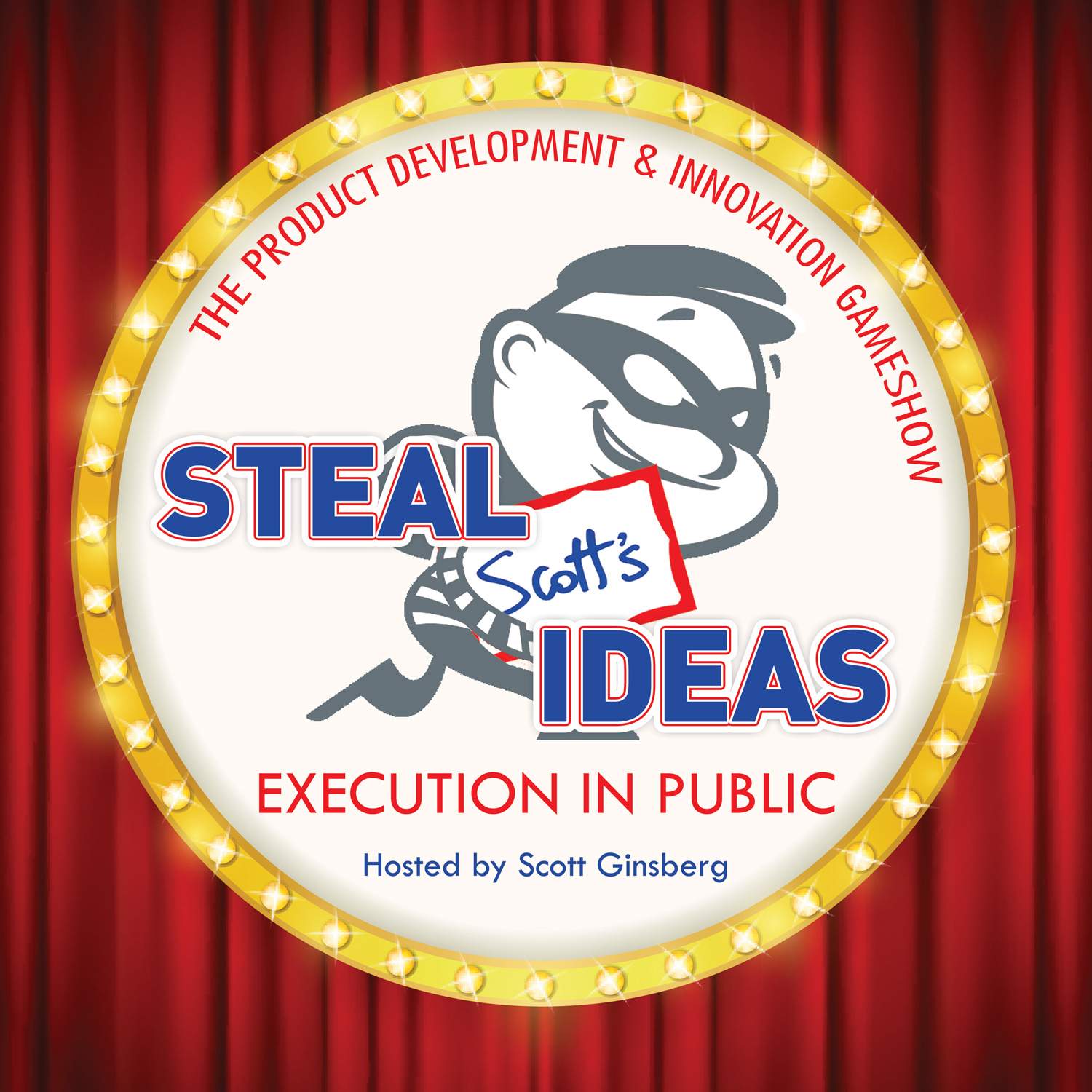 It’s the world’s first, best and only product development and innovation gameshow!
It’s the world’s first, best and only product development and innovation gameshow!
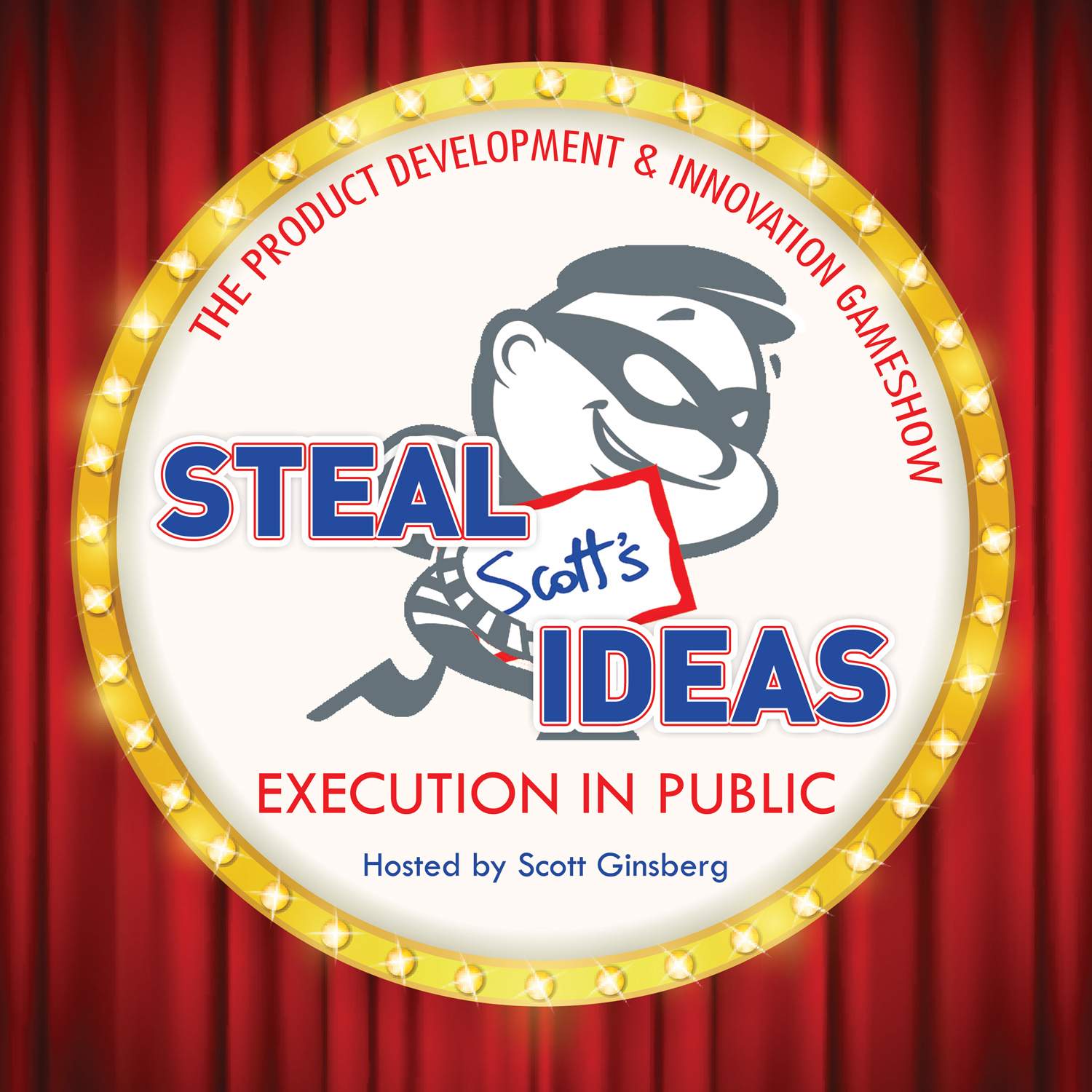 It’s the world’s first, best and only product development and innovation gameshow!
It’s the world’s first, best and only product development and innovation gameshow!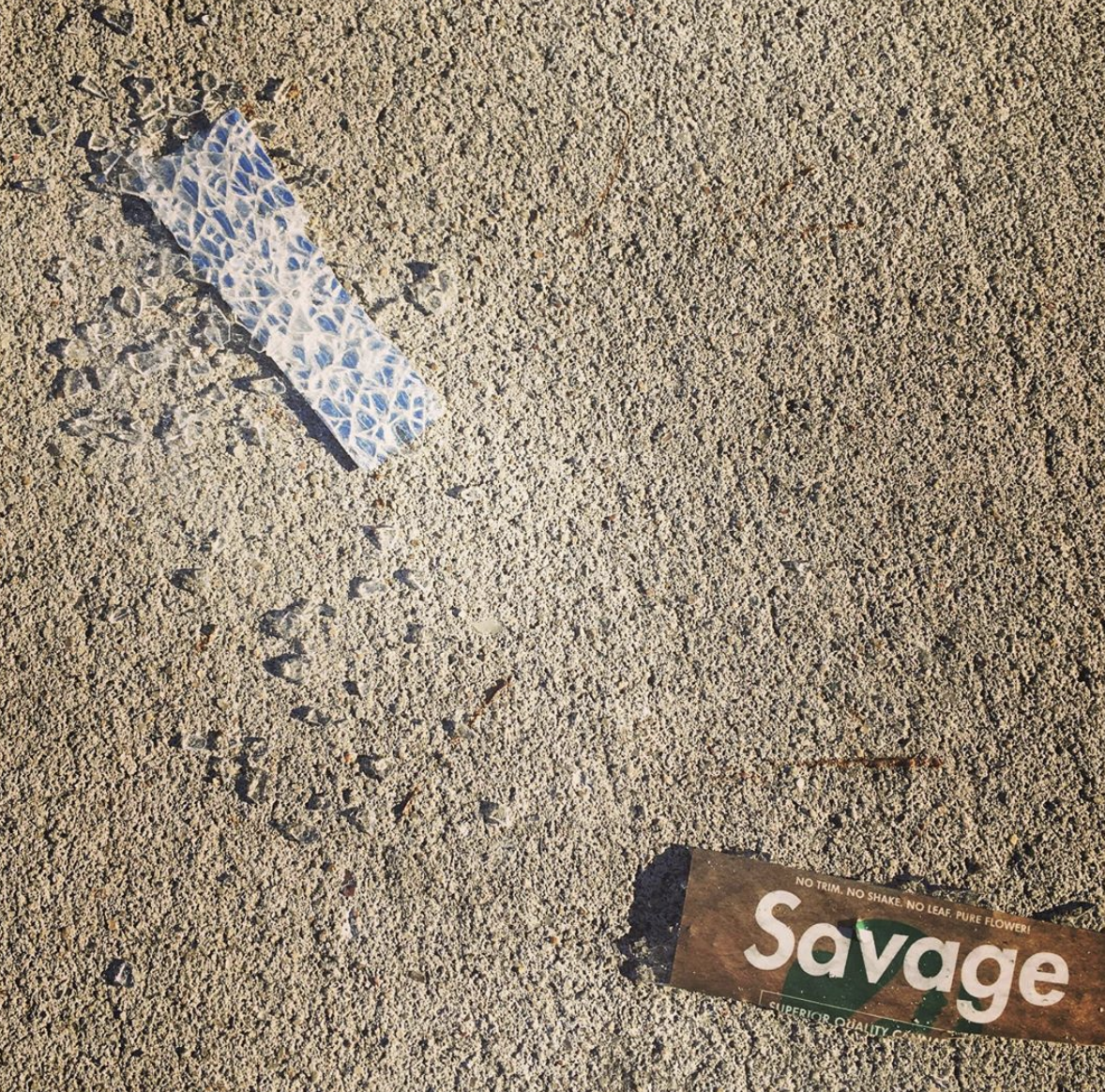
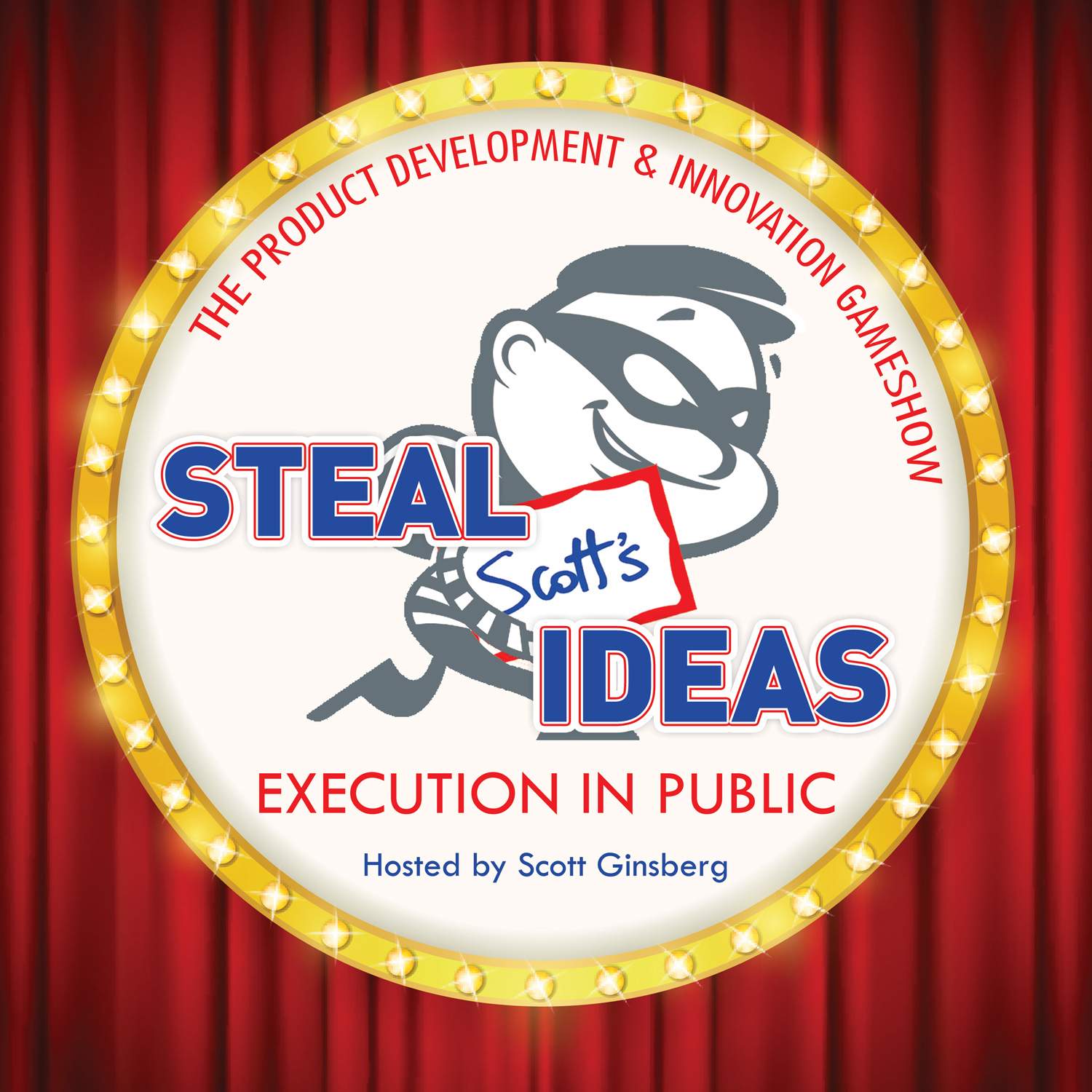 It’s the world’s first, best and only product development and innovation gameshow!
It’s the world’s first, best and only product development and innovation gameshow!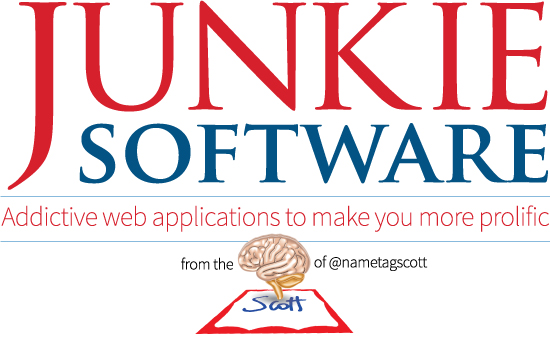
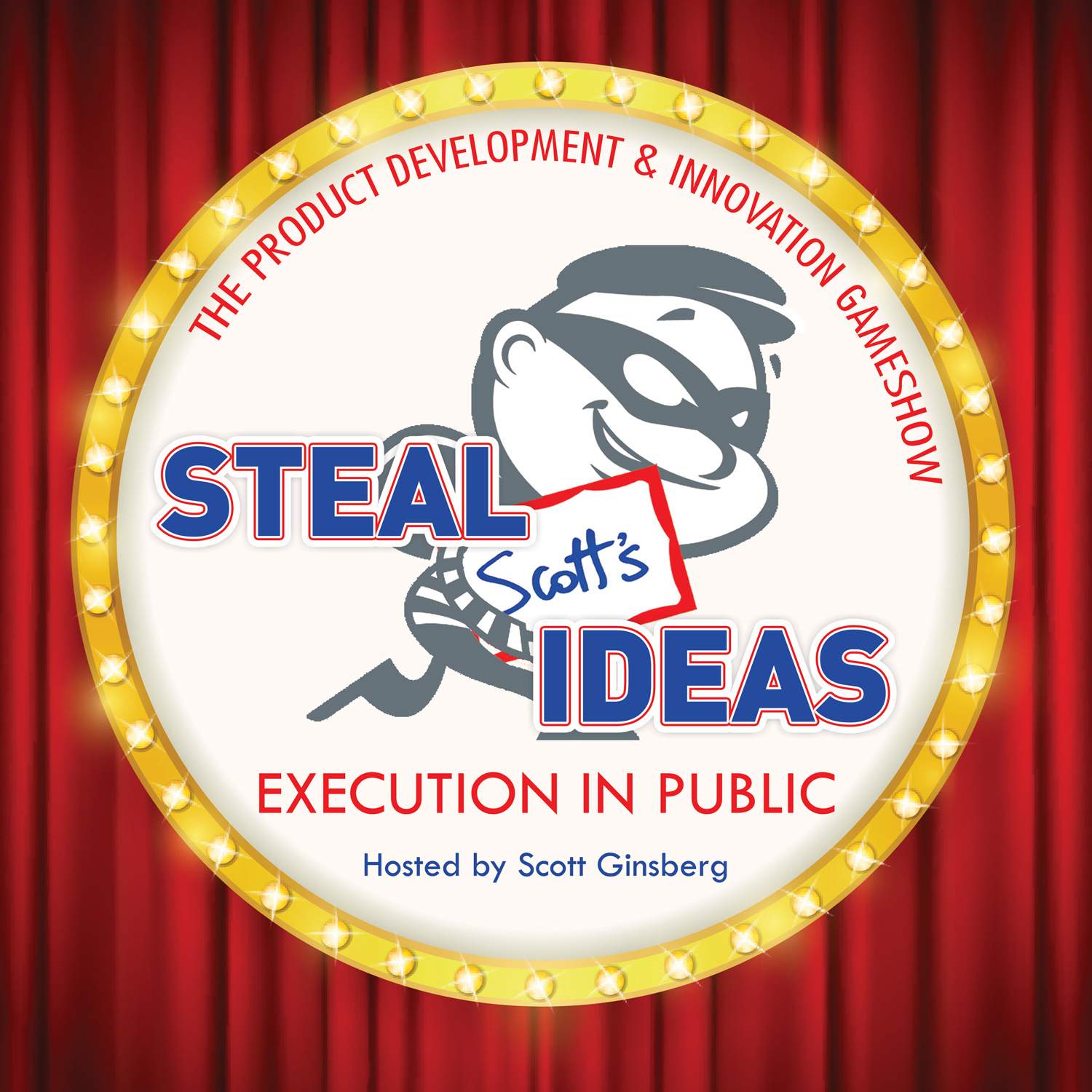 It’s the world’s first, best and only product development and innovation gameshow!
It’s the world’s first, best and only product development and innovation gameshow!
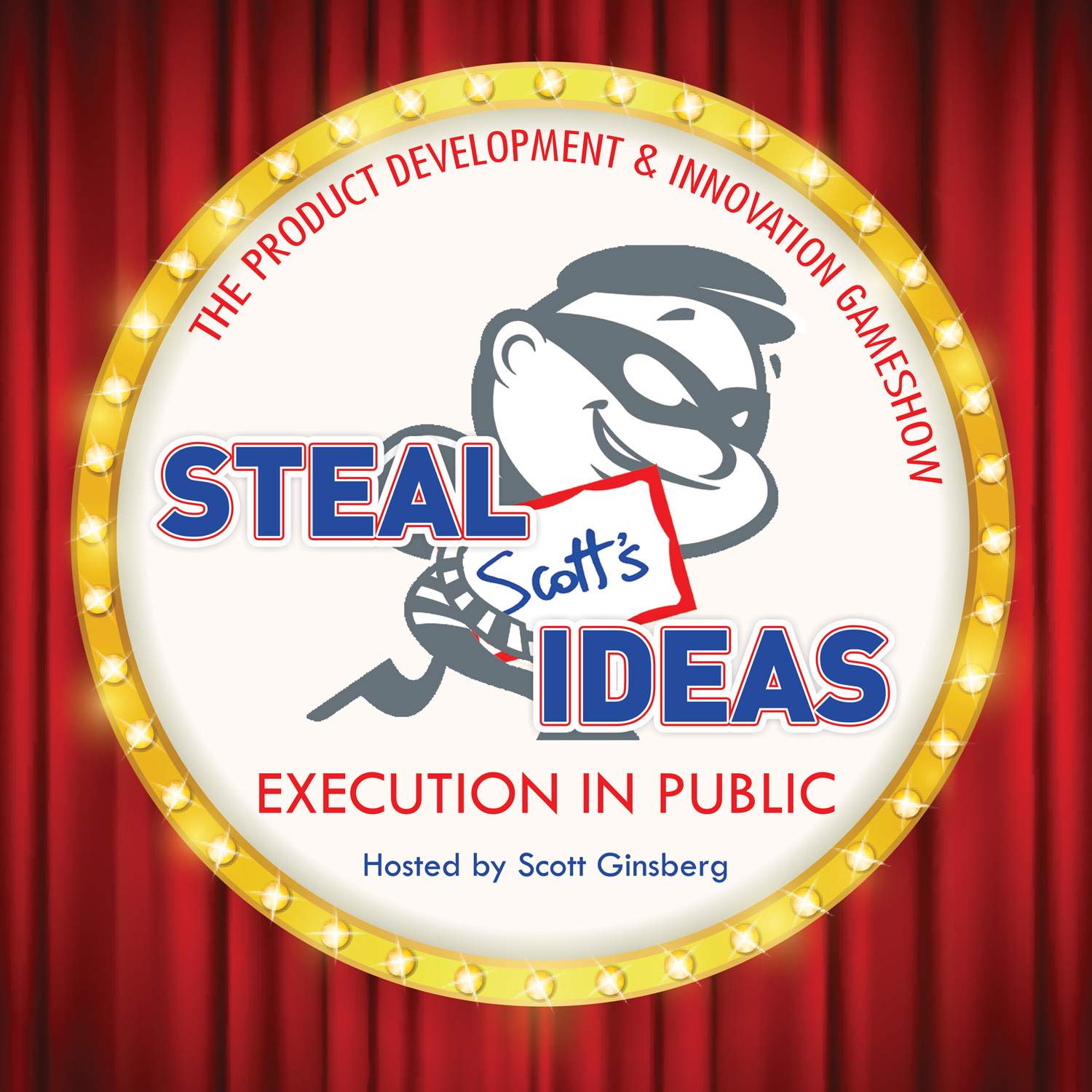 It’s the world’s first, best and only product development and innovation gameshow!
It’s the world’s first, best and only product development and innovation gameshow!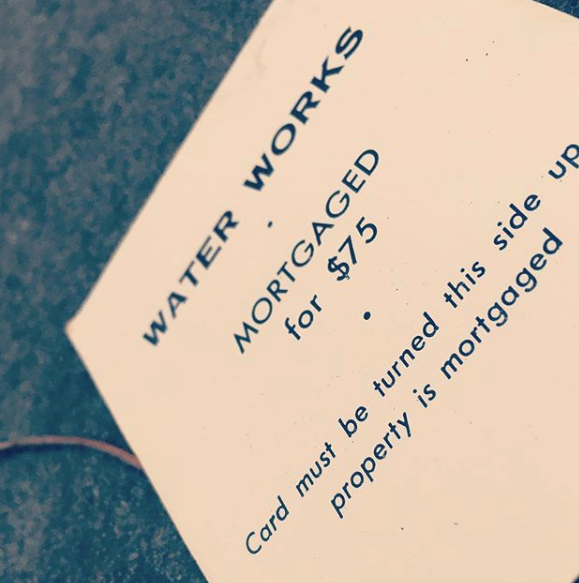
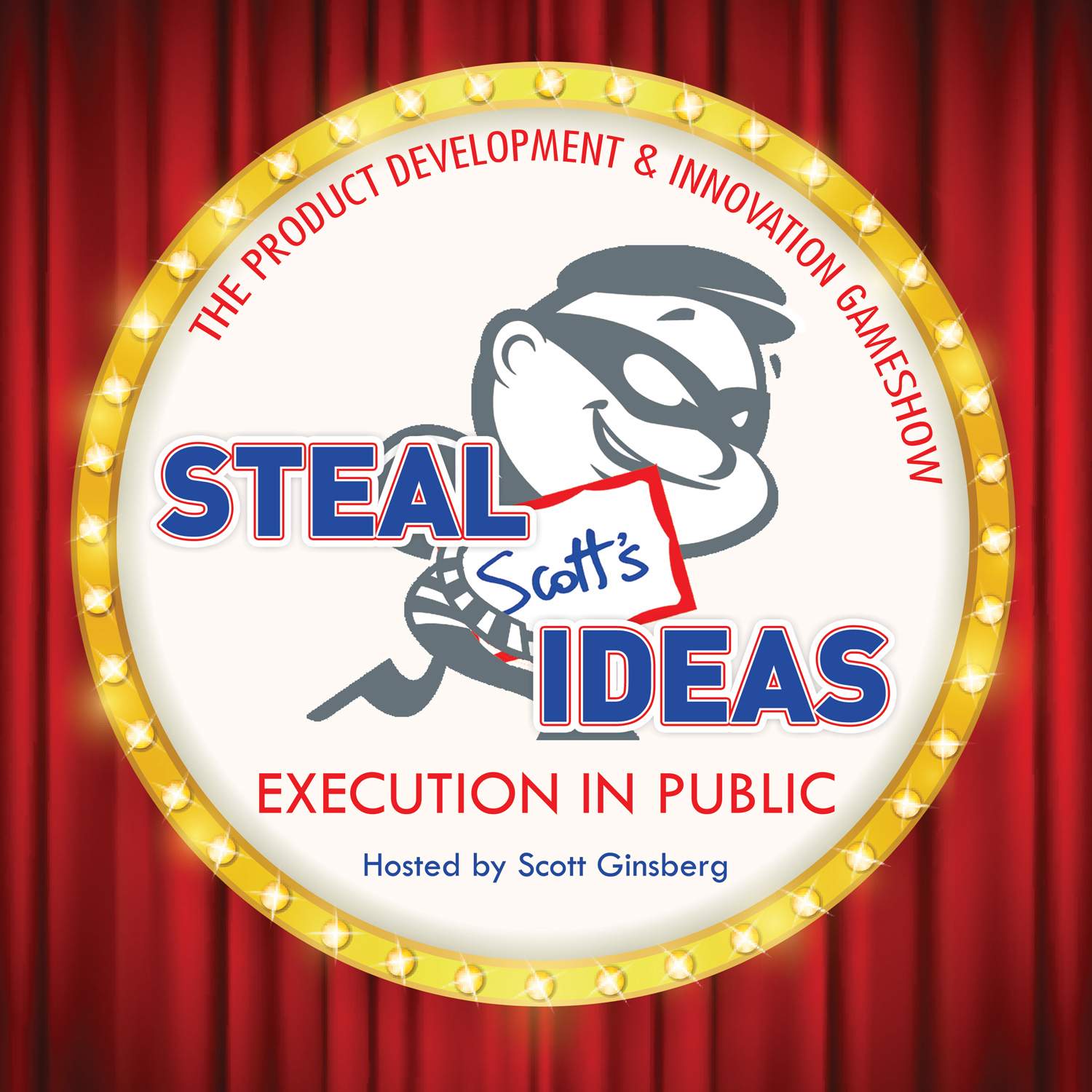 It’s the world’s first, best and only product development and innovation gameshow!
It’s the world’s first, best and only product development and innovation gameshow!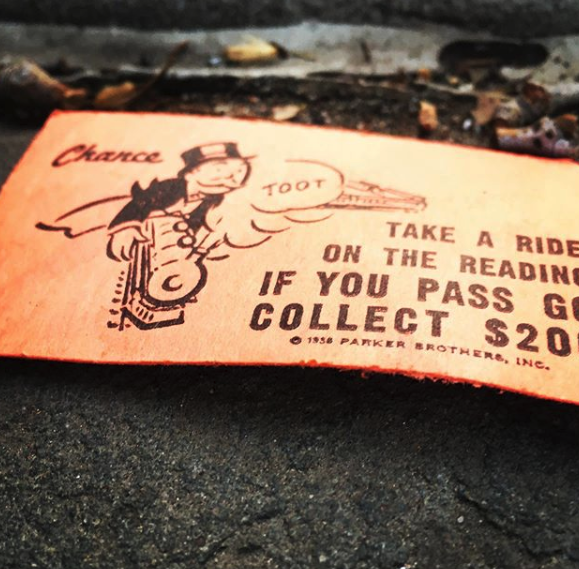
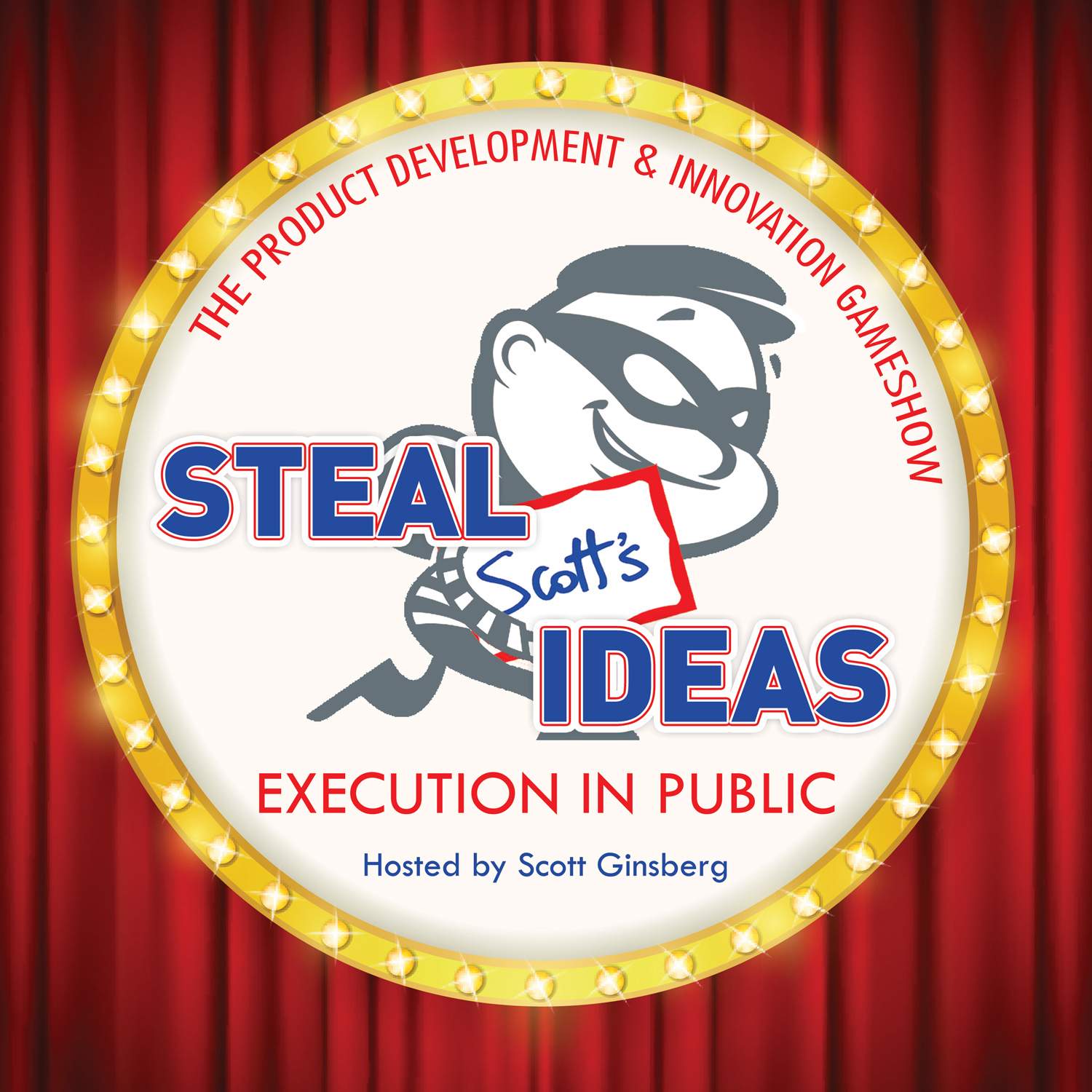 It’s the world’s first, best and only product development and innovation gameshow!
It’s the world’s first, best and only product development and innovation gameshow!